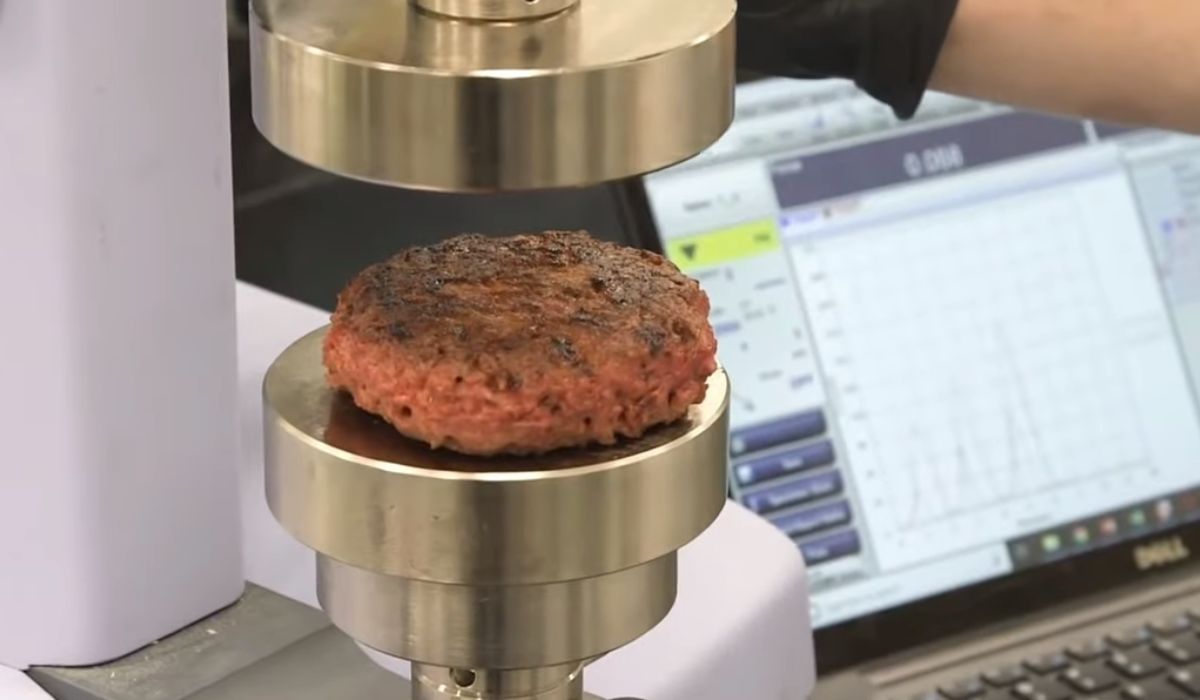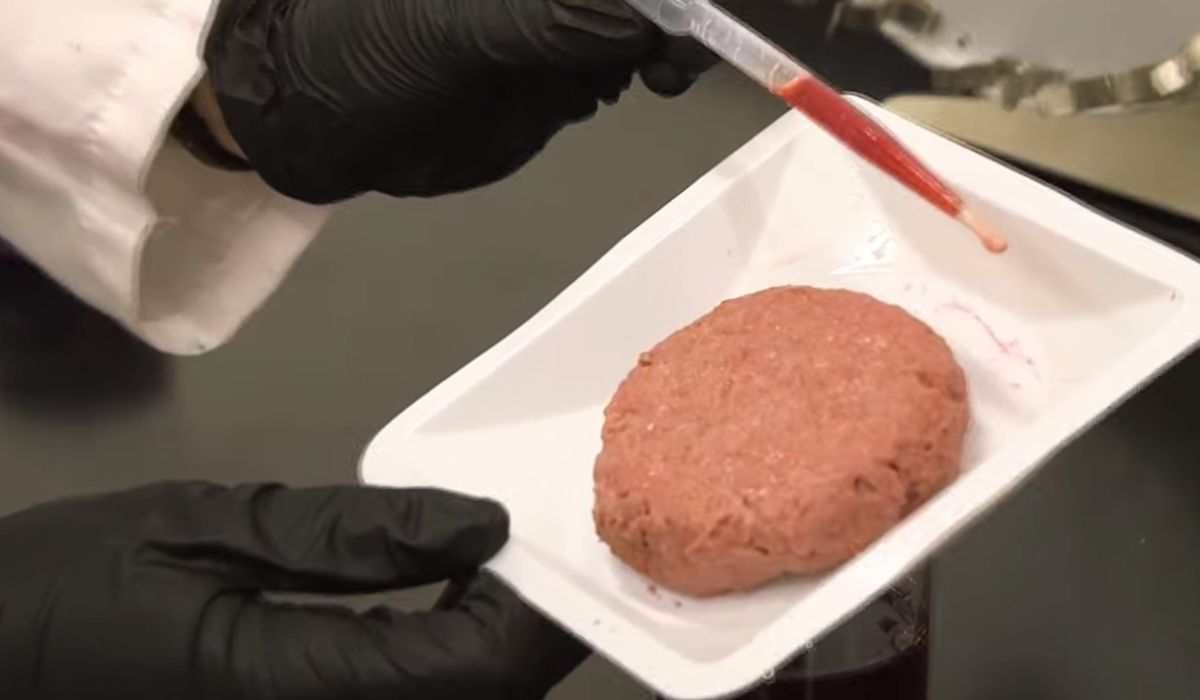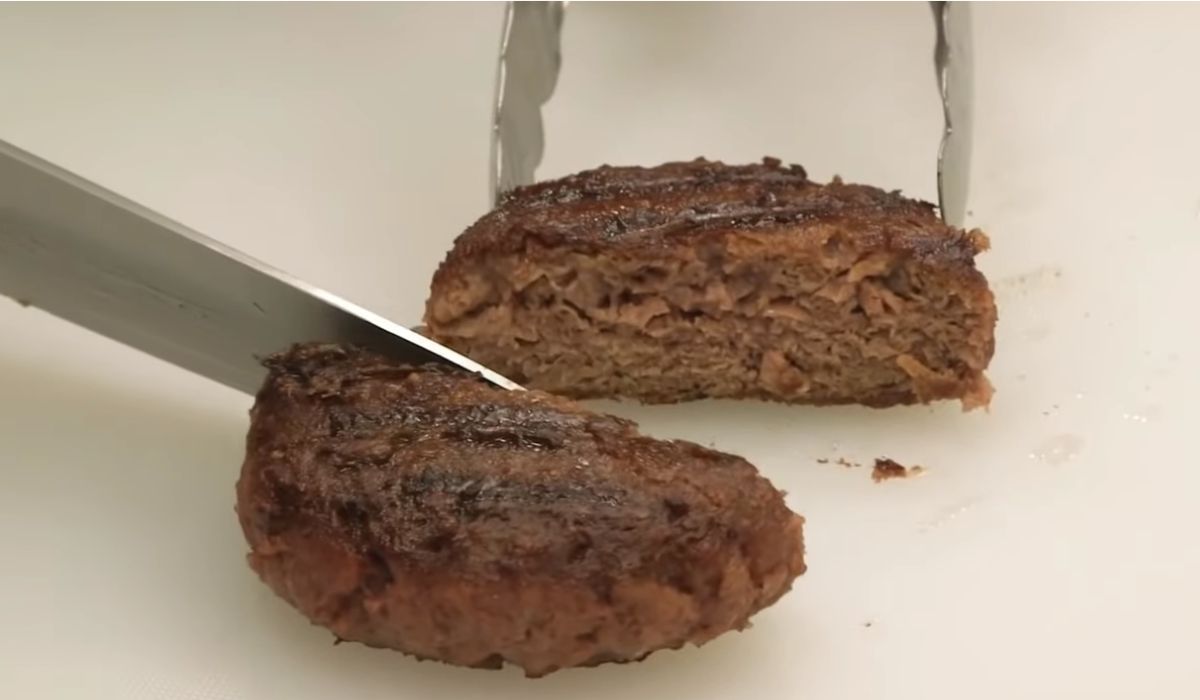A recent breakthrough by scientists might just be the game-changer the plant-based food industry has been waiting for. Published in the reputable journal, Nature Communications, this study delves into one of the most pressing issues of plant-based meats: texture.
It’s no secret that the meat industry has a heavy environmental footprint. In fact, the study suggests it’s behind over half of food-related carbon emissions. As concerns grow, many are turning to plant-based alternatives. However, there’s a catch. Even with their environmental benefits, many people find the texture of plant-based meats not quite up to par, often describing them as having an “off-sensation” linked to poor lubrication.

But if this new method delivers on its promise, the world of meat substitutes might never be the same again.
How can Plant Protein Texture be Improved?

One of the study’s authors, broke down the science behind this. “We took dry plant protein and turned it into a hydrated form. “It’s like creating a spider-web of plant protein that traps water inside.”
Read More: Benefits of Ginger for Your Body and Health
So, how do they do this? They heat the plant proteins in water. Initially, these proteins are dry and coarse, but with the heat, their molecular structure changes, turning into a gel that retains water. The result? Foods made with these microgels feel moist and fatty in your mouth, much like actual meat, even though there’s zero fat involved.

Another study found the results fascinating. “What’s incredible is that even without adding any fat, the microgels can mimic the feel of a 20% fat emulsion,” he says. This could be a groundbreaking moment for plant-based foods, making them even more appealing to meat lovers.



















![10 Countries With the Best Healthcare in the World [Statistical Analysis] Countries With the Best Healthcare in the World](https://articleify.com/wp-content/uploads/2025/07/Countries-With-the-Best-Healthcare-in-the-World-1-150x150.jpg)









